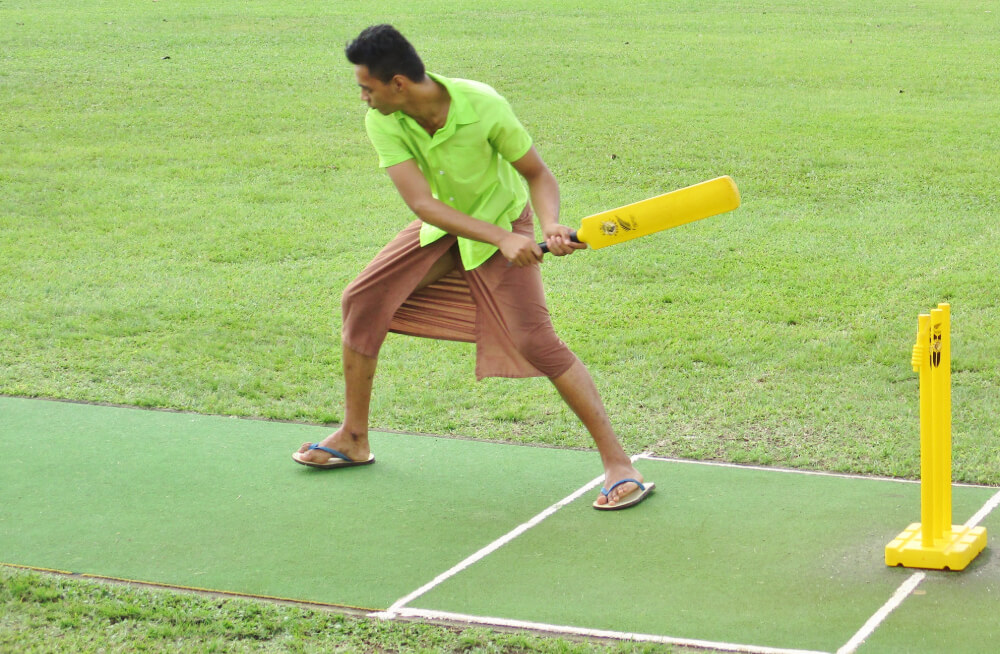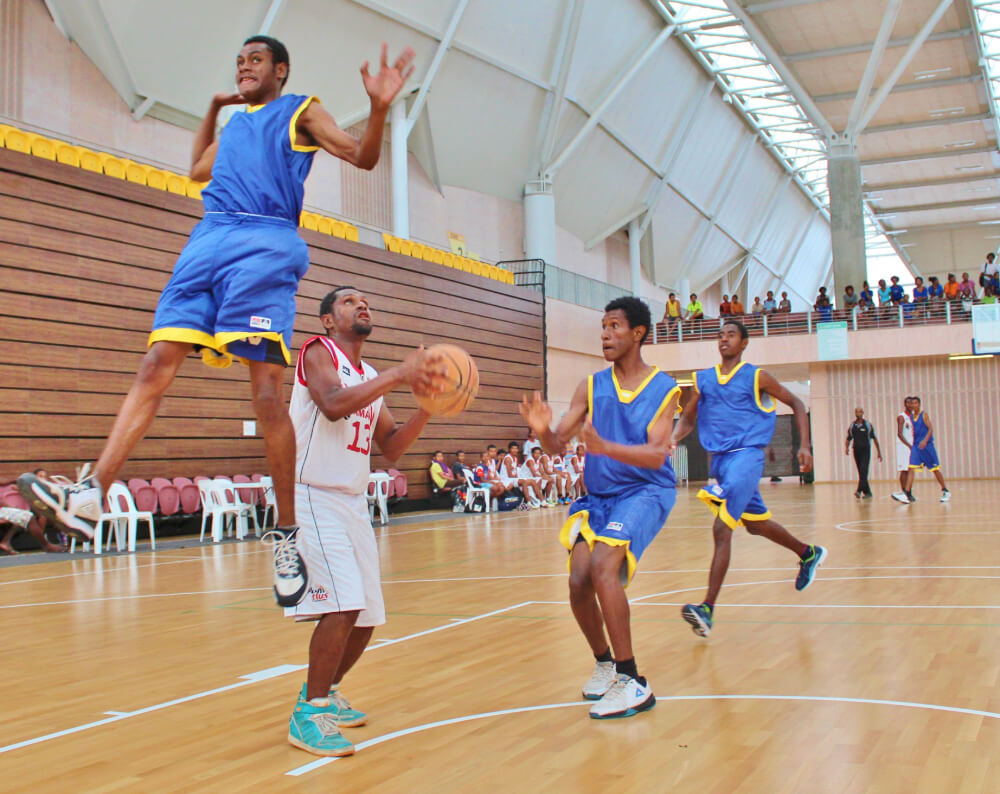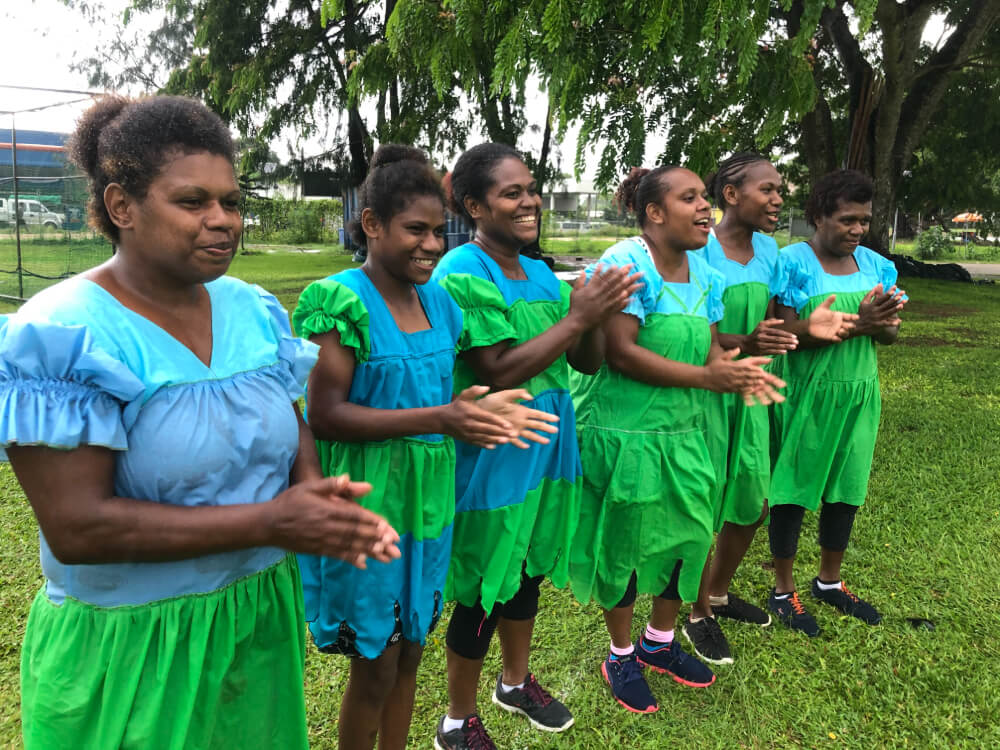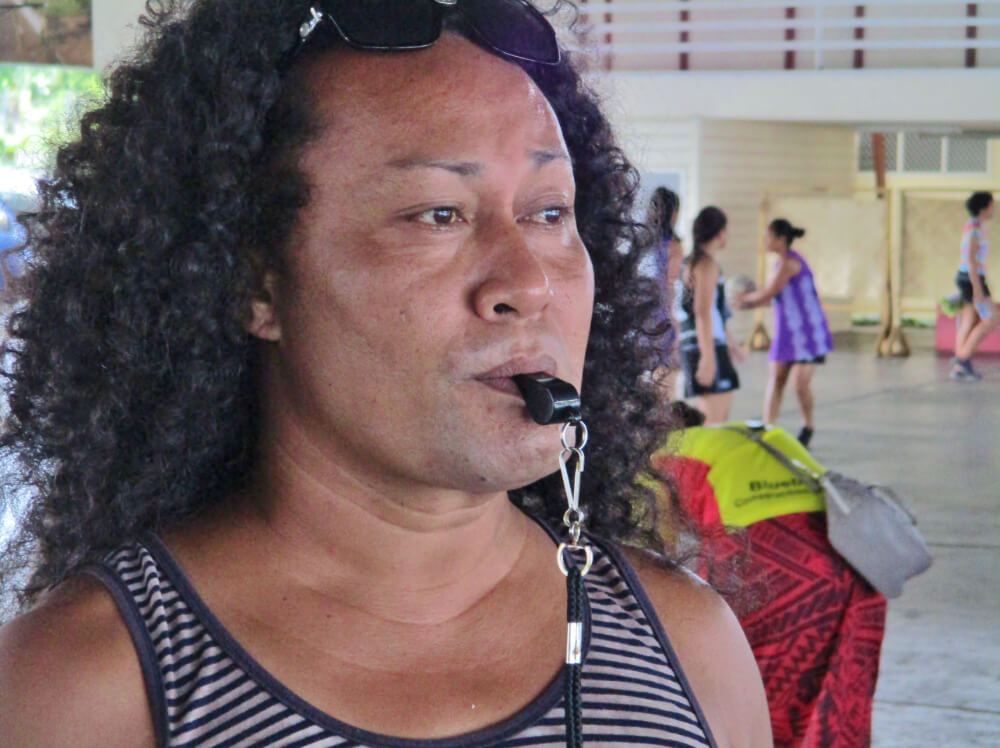The Australian Government is now in a caretaker period in advance of the forthcoming election. Until a new government is sworn in, government operations are conducted in accordance with the caretaker conventions.
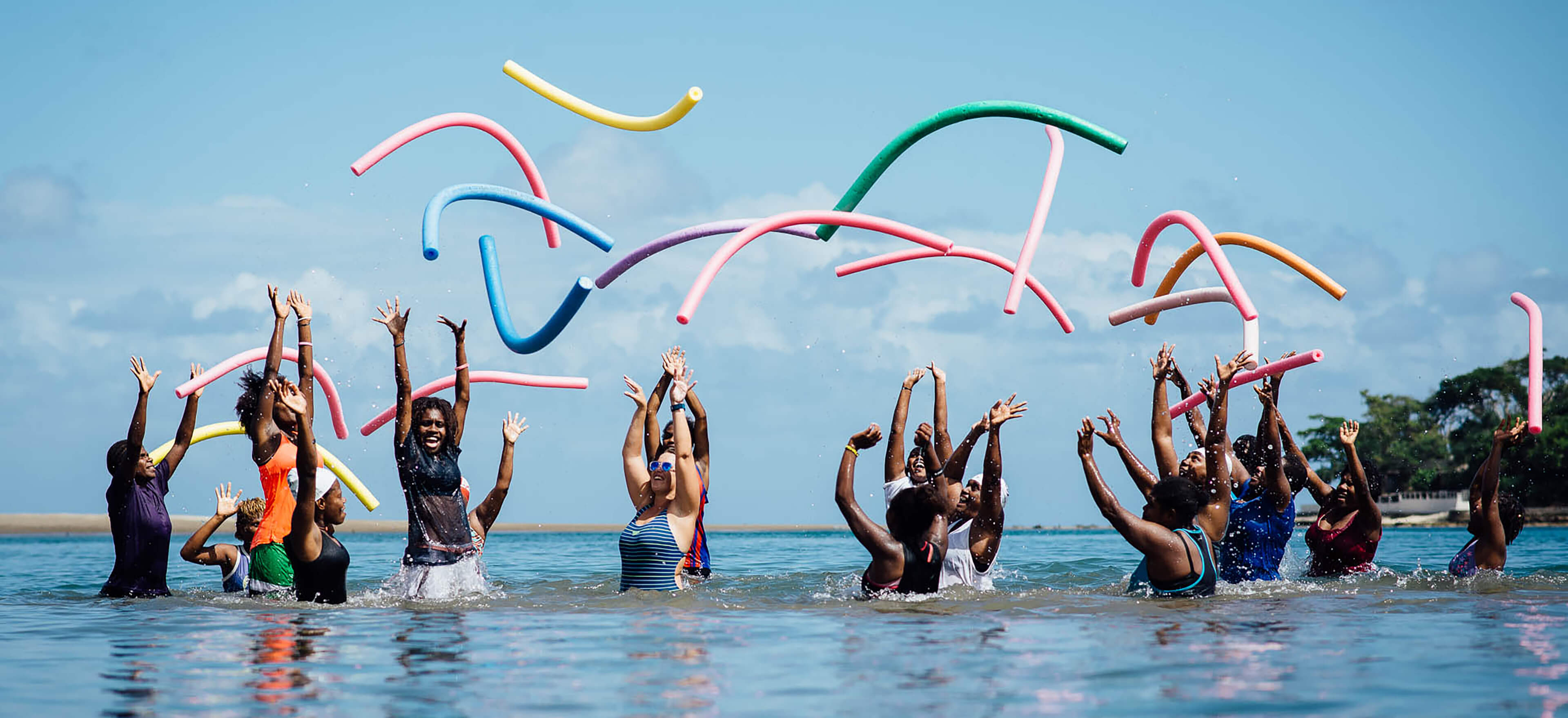
Sport for Development
Click through the highlights of Australia's sport for development activity over the past 25 years
Australia South Pacific Sport Program
The beginning of a new era
The Australia South Pacific Sport Program was announced at the 1994 South Pacific Forum meeting in Brisbane. The program’s purpose was to assist Forum members to prepare to participate in the Sydney 2000 Olympic Games, in recognition that the Games would be an event for the whole of Oceania. AUD $2.5 million was spent on the program between 1995 and 1999 to support Pacific athletes and sporting organisations in the lead-up to the Games.
The program comprised three broad project areas:
- Assistance for elite athletes
- Junior and community sports programs
- Support services, including the development of skilled expertise within the region
Activities under areas 2 and 3 made substantial contributions to creating a base for future sport development and sport for development programs in the Pacific. In the end-of-program evaluation, all the Oceania region’s Secretary Generals agreed that the program had made a significant impact on the development of sport in their country and throughout the region.
Activities continued long after the Games, until 2006, with a focus on junior sport, health and wellbeing, sporting opportunities for people with a disability, and building the governance capacity of Pacific sporting organisations.
Image credit: Australian Sports Commission
Silver Jubilee Sport Program
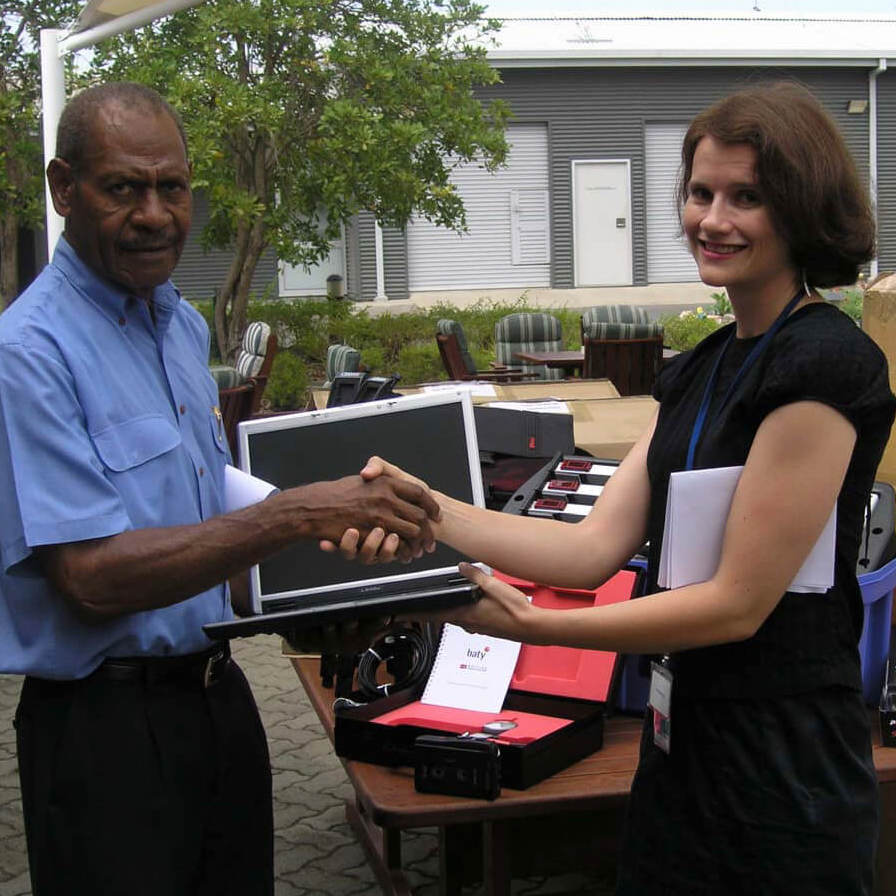
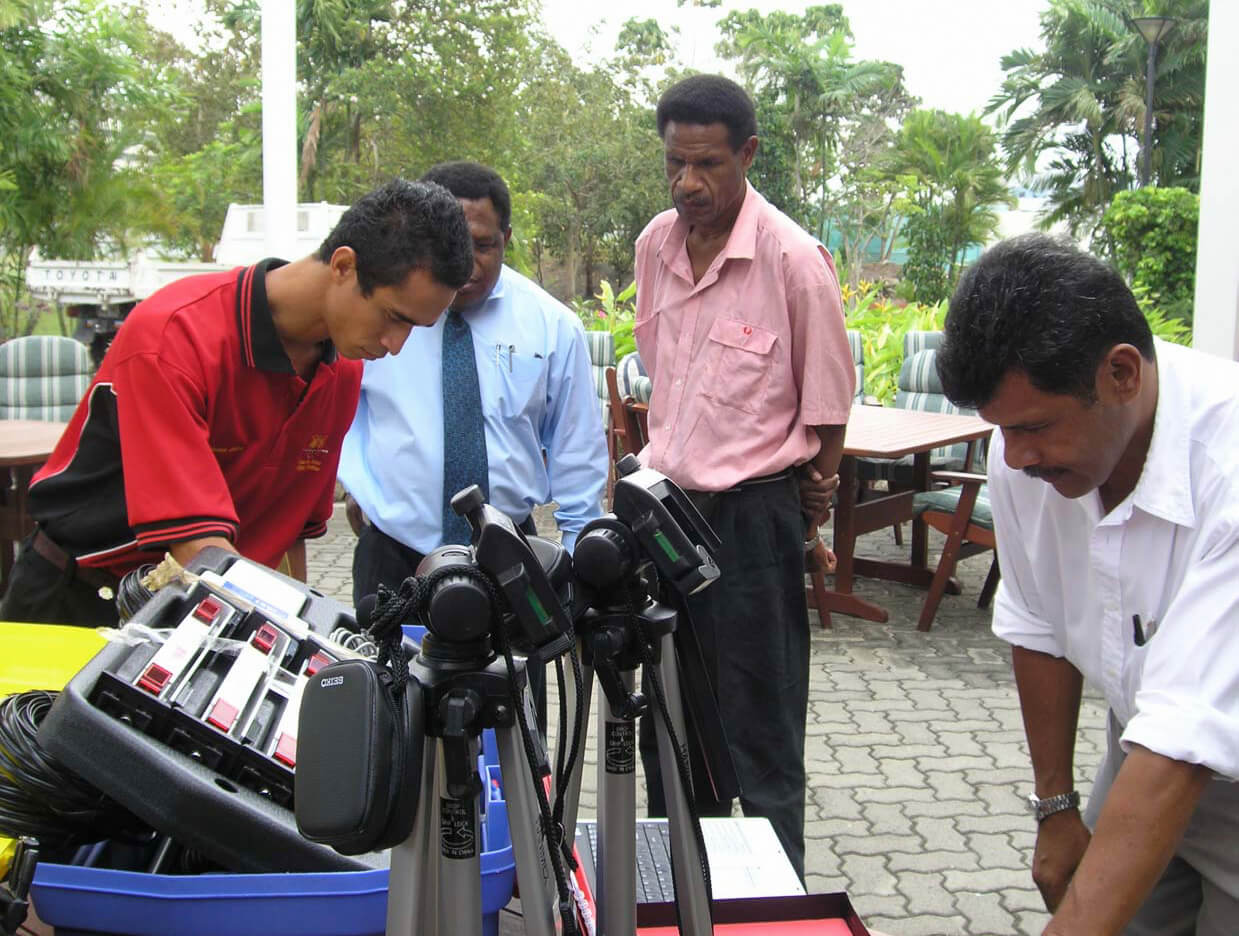
An Australia-Papua New Guinea sporting partnership
At the Sydney 2000 Olympic Games, Australia’s Prime Minister, the Hon. John Howard, announced an AUD $3 million gift to Papua New Guinea (PNG) in the form of a community sport program – the Australia-PNG Silver Jubilee Sports Program – to celebrate the 25th anniversary of PNG’s independence.
The program focused on sports administration, event management, policy review, capacity building for sport delivery and facilitators, and funding for local projects.
By the time the program concluded in September 2004, activities had reached all of PNG’s 20 provinces, while 19 provinces and 23 national federations had received financial assistance for specific projects.
More than 250 courses (attended by more than 5,000 attendees) were conducted in areas such as sports administration, coaching, event management and sport science, while PNG facilitators were trained to deliver a range of sport education programs.
The program also worked with the PNG Government to develop a new national sports policy and strategic plan, and with the PNG Department of Education to complete a physical education needs analysis.
Image credit: Australian High Commission Papua New Guinea
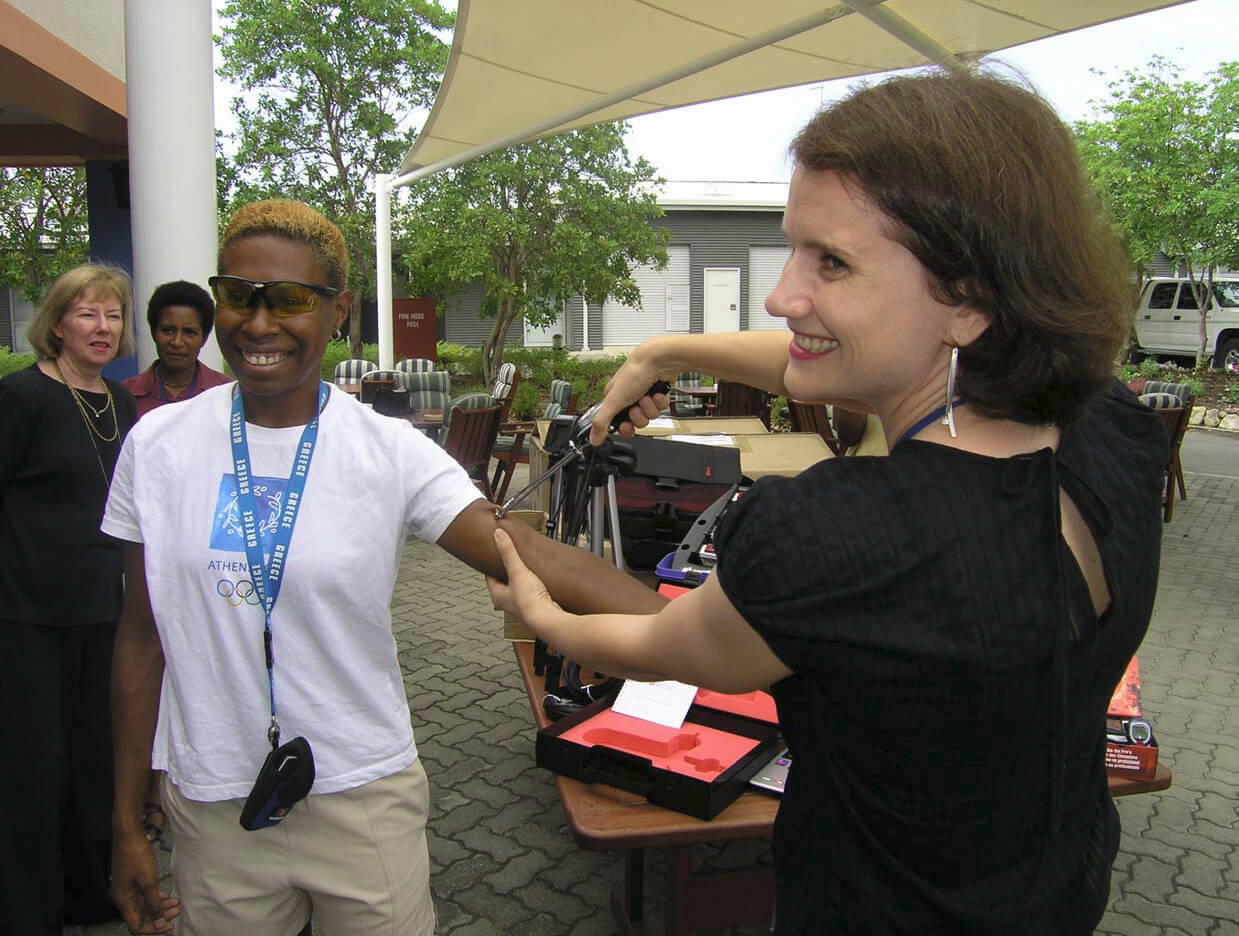
Papua New Guinea Programs
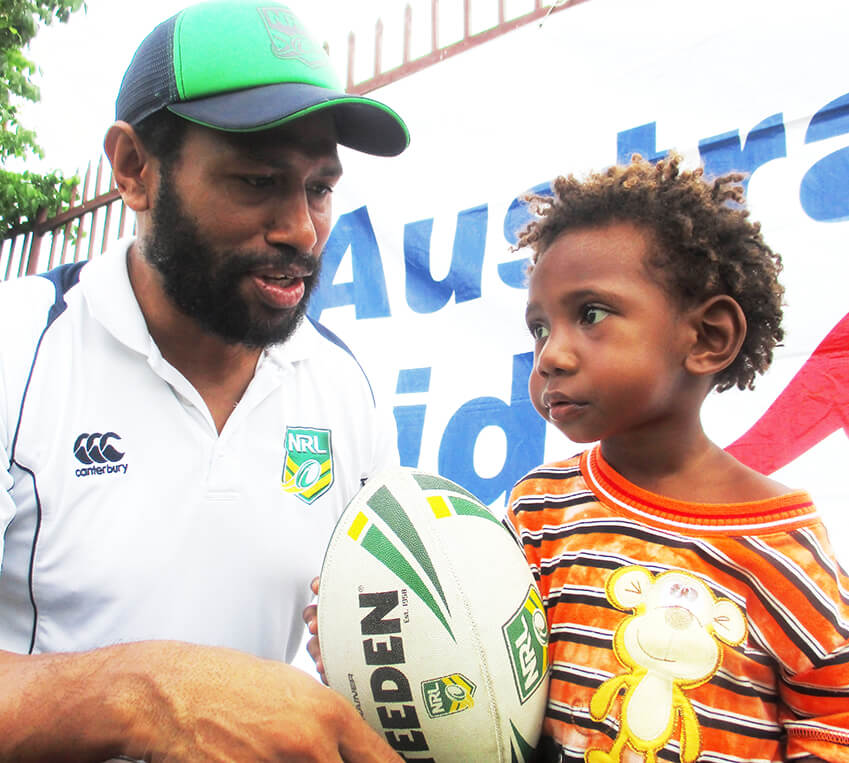
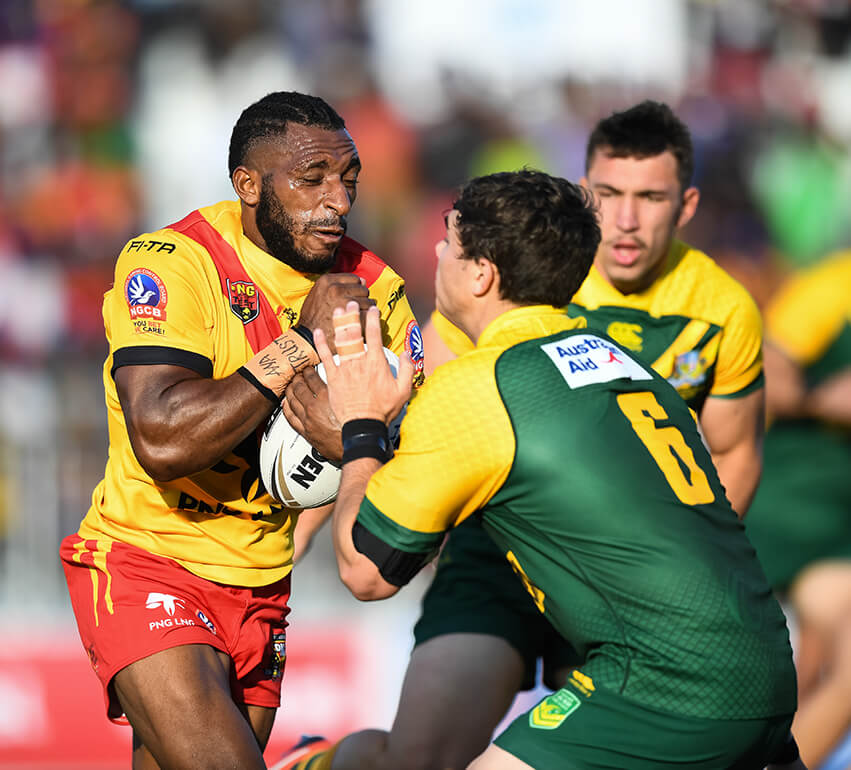
Growing sport for development in Papua New Guinea
Following the Silver Jubilee Sport Program, Australia embarked on a long-term series of sport for development partnerships and investments in Papua New Guinea (PNG) that span more than 15 years and continue to this day.
This included support for the PNG Sports Foundation’s Sport for Development Initiative, which began in 2006, and early work focused on strengthening the capacity of that organisation.
Since 2013, the Australian Government, via the Australian High Commission in Papua New Guinea, has directly supported sport for development projects including those delivered by the National Rugby League (NRL) in PNG, WaterAid, and Equal Playing Field.
Image credits: Aaron Kearney, ABCID/ NRL Photos/ Benard Poma, Power Meri project/ Dave Buller, NRL PNG
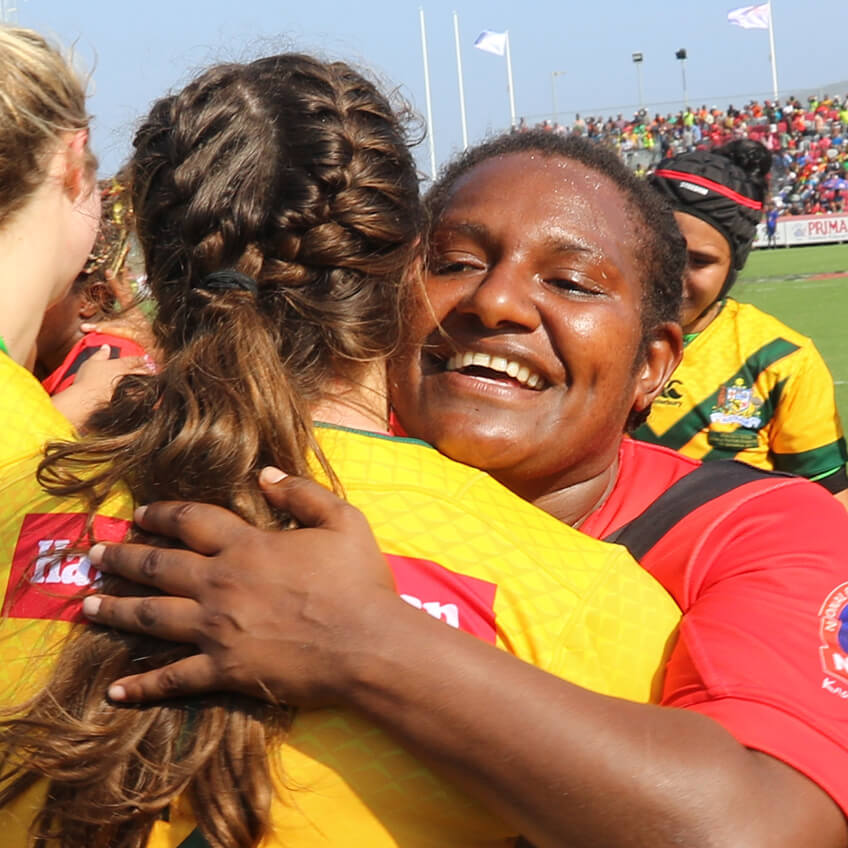
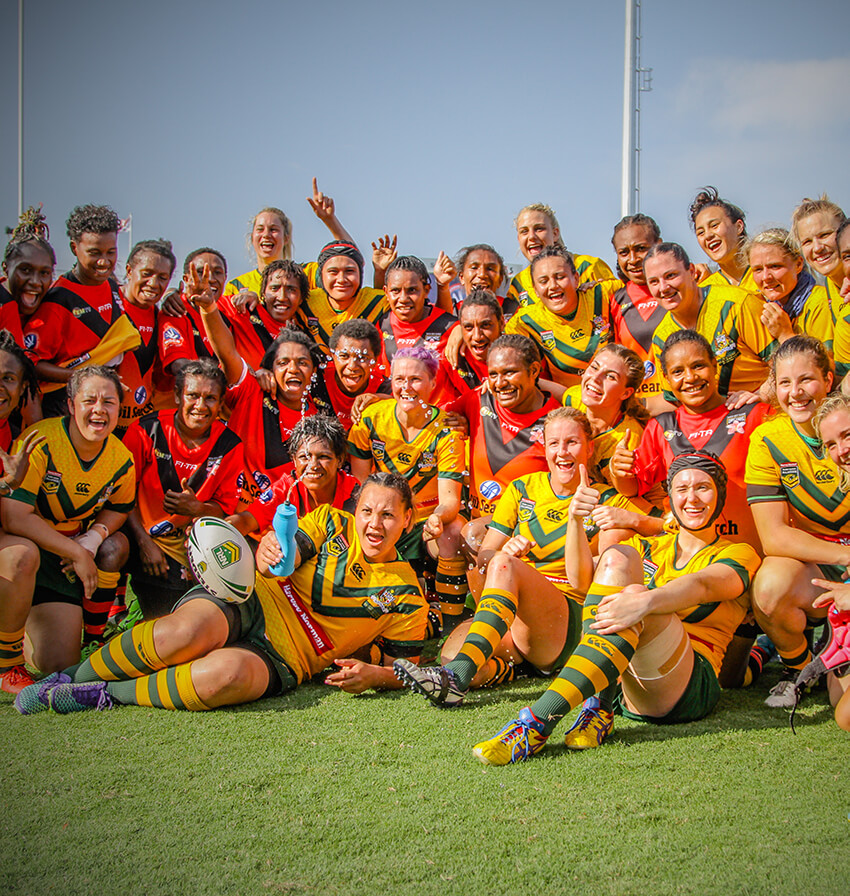
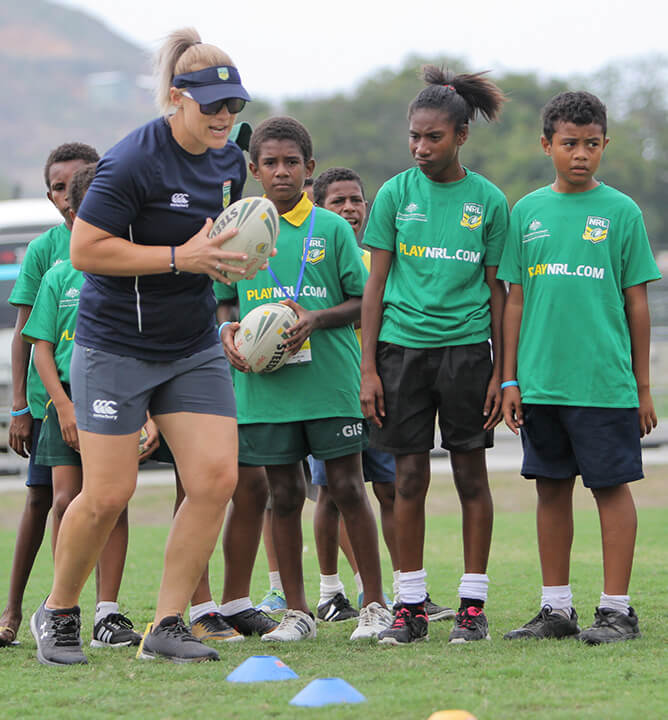
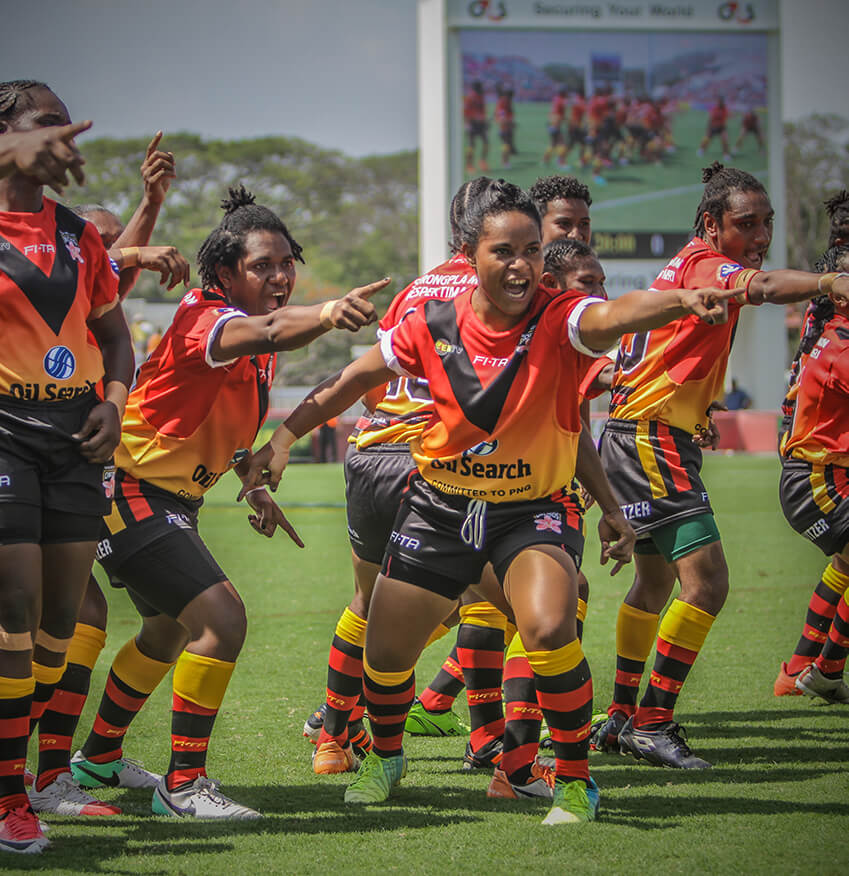
Australian Sports Outreach Program (ASOP)
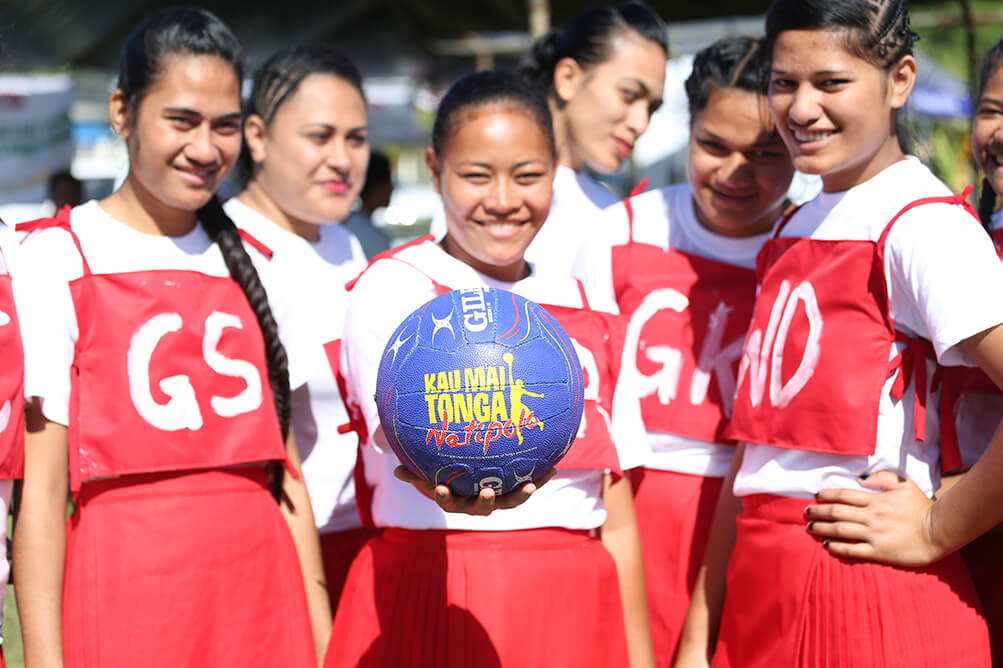

Building sport for development in the Pacific
The Australian Sports Outreach Program (ASOP) was announced in 2005 by Australia’s Prime Minister the Hon. John Howard at the Commonwealth Heads of Government Meeting (CHOGM) in Malta, and Prime Minister Hon. Kevin Rudd expanded the program at the Pacific Islands Forum (PIF) in 2009. ASOP country programs were delivered by government and civil society partners in seven Pacific countries (Fiji, Kiribati, Nauru, Samoa, Solomon Islands, Tonga and Vanuatu). ASOP also supported activities in the Caribbean (member states eligible for development assistance plus Dominican Republic and Cuba), India and Southern Africa (Botswana, South Africa and Swaziland).
Activities focused on using sport to enhance the lives of people with disability and to promote healthy behaviours among target populations. Specifically, ASOP activities sought to address three high-level outcomes:
- An increase in healthy behaviours across the Pacific
- An improvement in social inclusion outcomes for youth, people with disabilities and women
- An improvement in social cohesion
For the last five years of the program, funding for the Pacific totalled AUD $13 million.
These programs were hugely successful in many settings, with several ASOP-funded programs being absorbed into partner government ministries as ongoing activities after the conclusion of Australian Government funding. Some, such as the netball program in Tonga, also became the basis of ongoing sport for development programs that have been refined and adapted over time and continue to be supported by the Australian Government through Team Up.
Image credit: Tonga Netball Association, Weightless Films, Aaron Kearney ABCID, Pacific Sports Partnerships
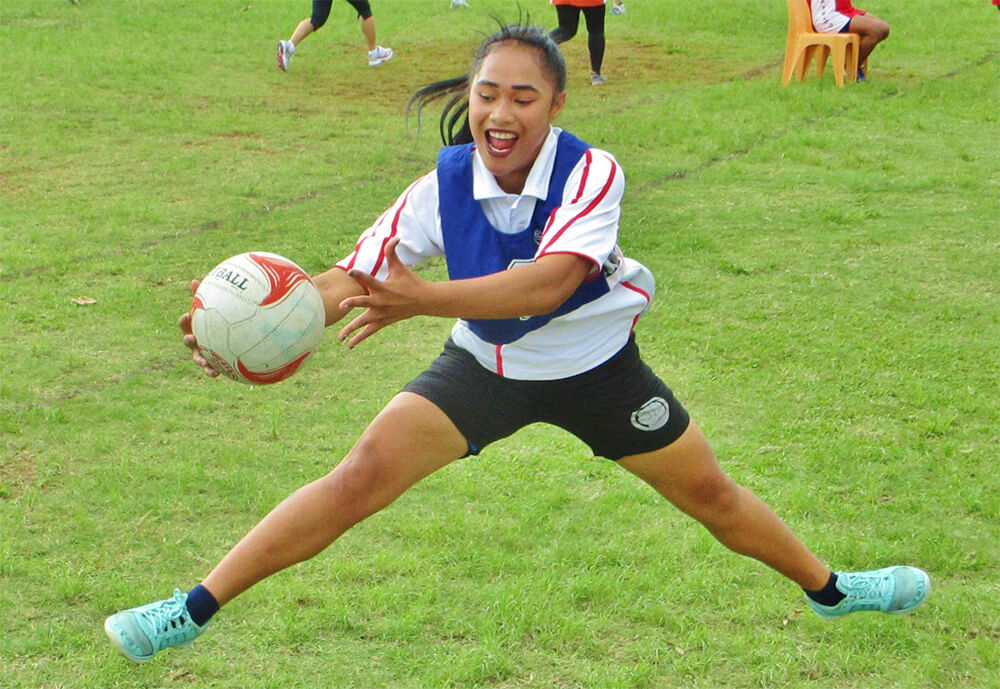
Pacific Sport Development Grants
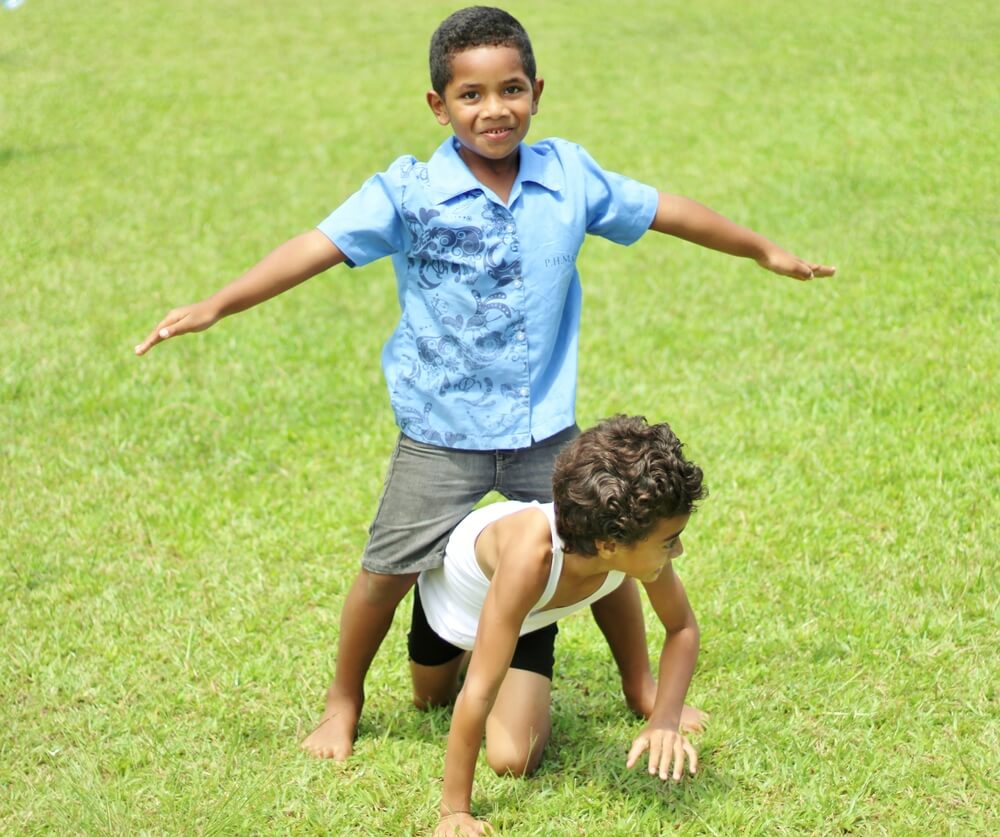
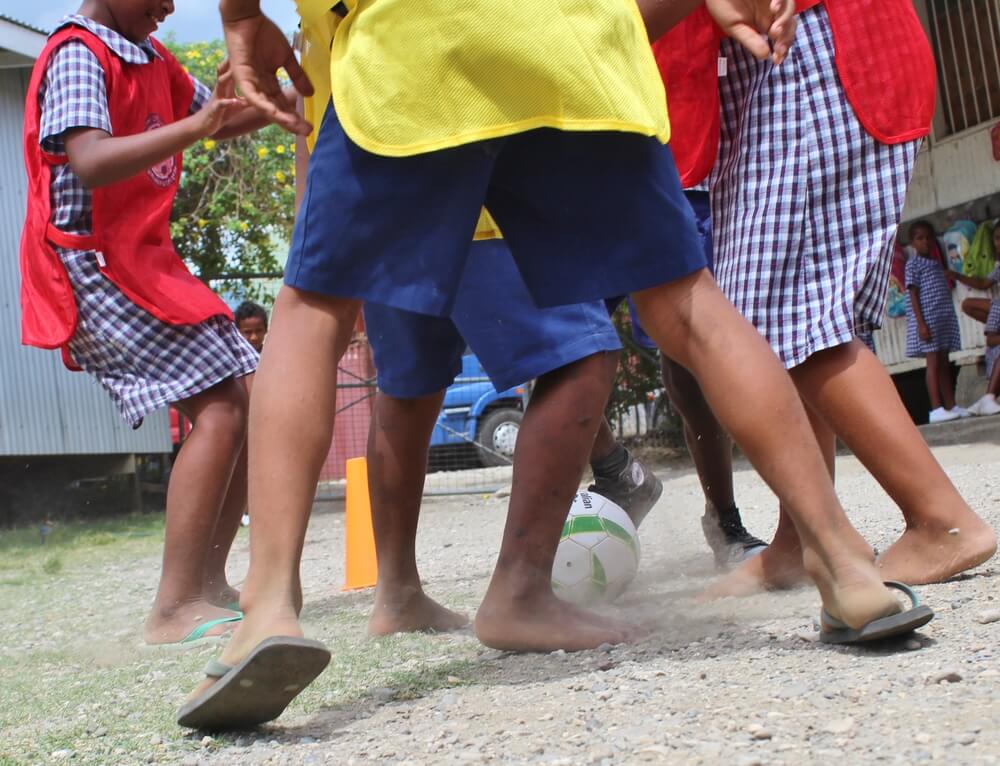
Small grants, big impact
An activity under the Australian Sports Outreach Program, the AUD $1.65 million Pacific Sport Development Grants program offered grants of up to $10,000 to targeted small to medium-sized community sport projects that helped contribute to social development outcomes.
National sporting organisations were able to apply for grants to support activities that demonstrated their commitment to achieving community development outcomes through sport.
Funded projects focused on participation-based activities, increasing community physical activity, promoting healthy behaviours, and building the capacity of organisations and individuals to run sports programs.
Credit: Weightless Films, Aaron Kearney ABCID, Pacific Sports Partnerships
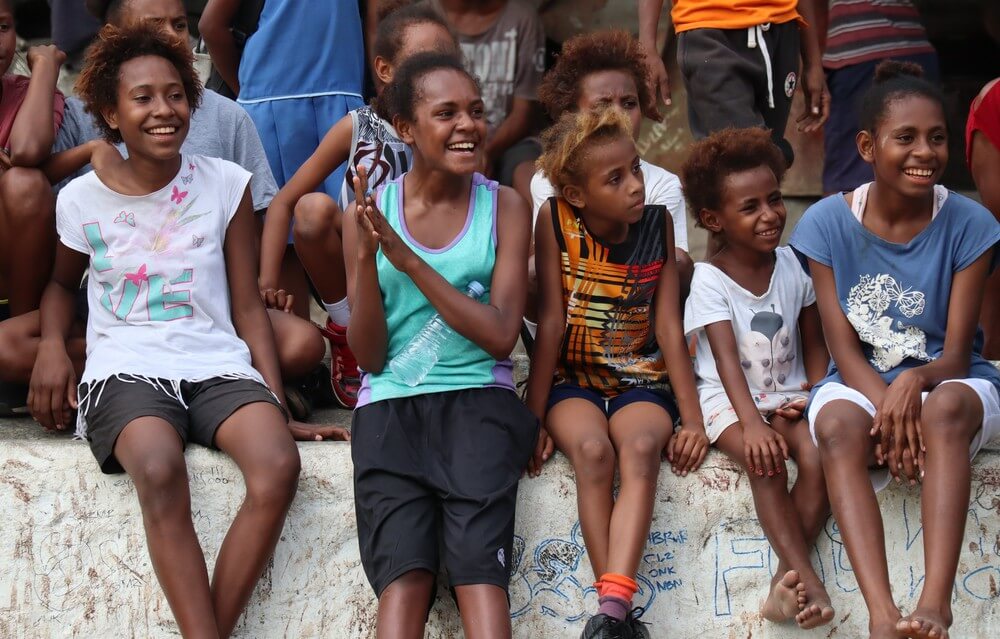
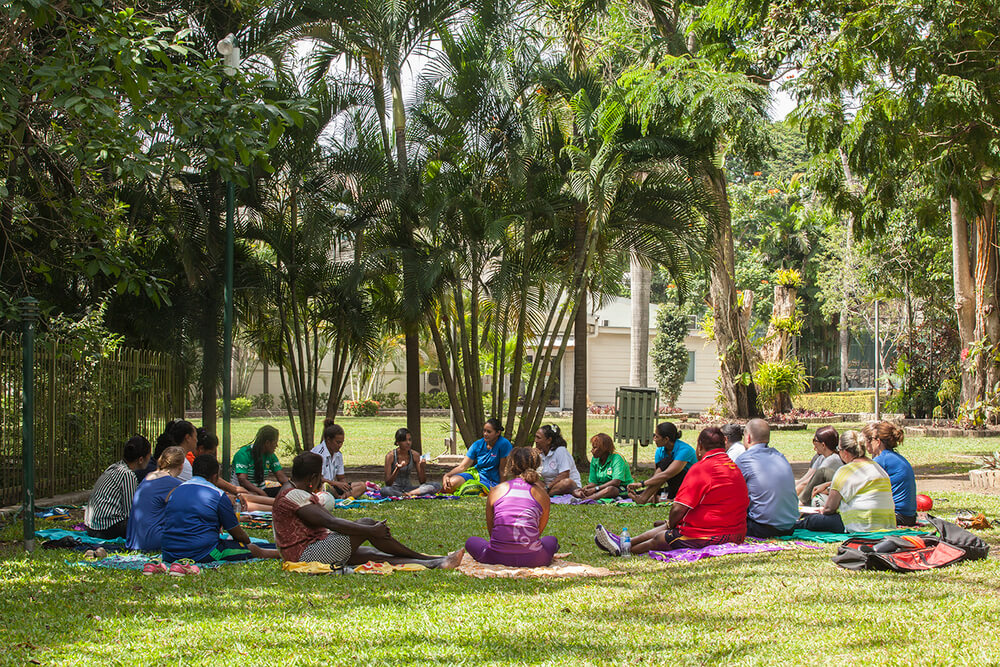
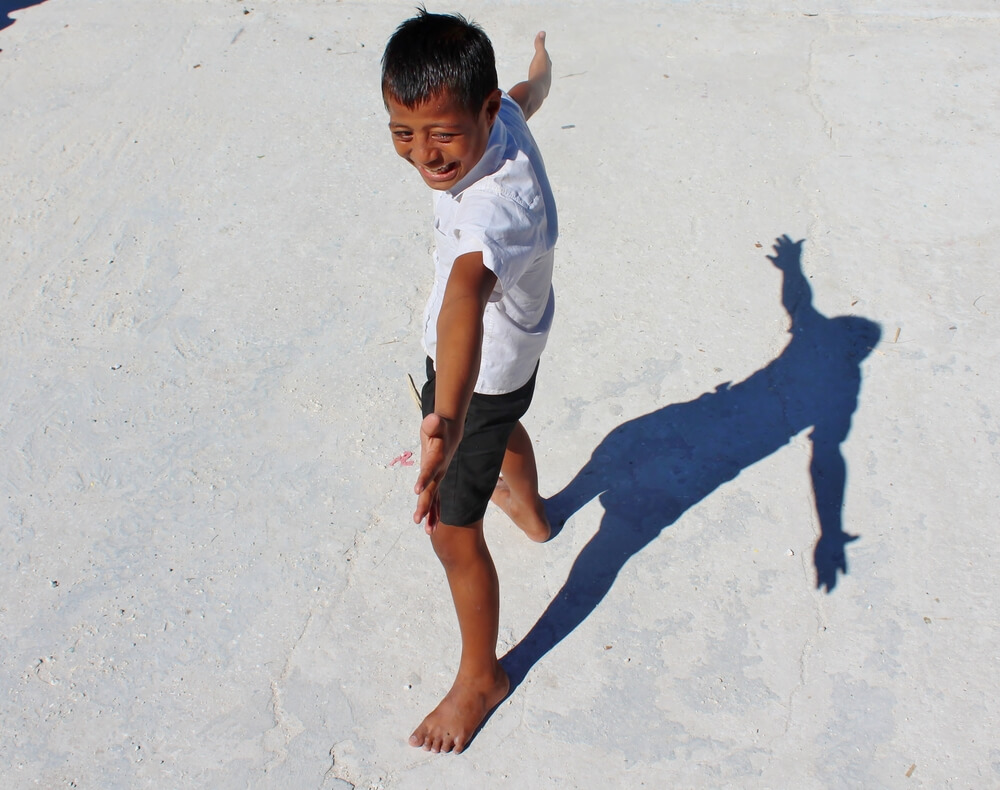
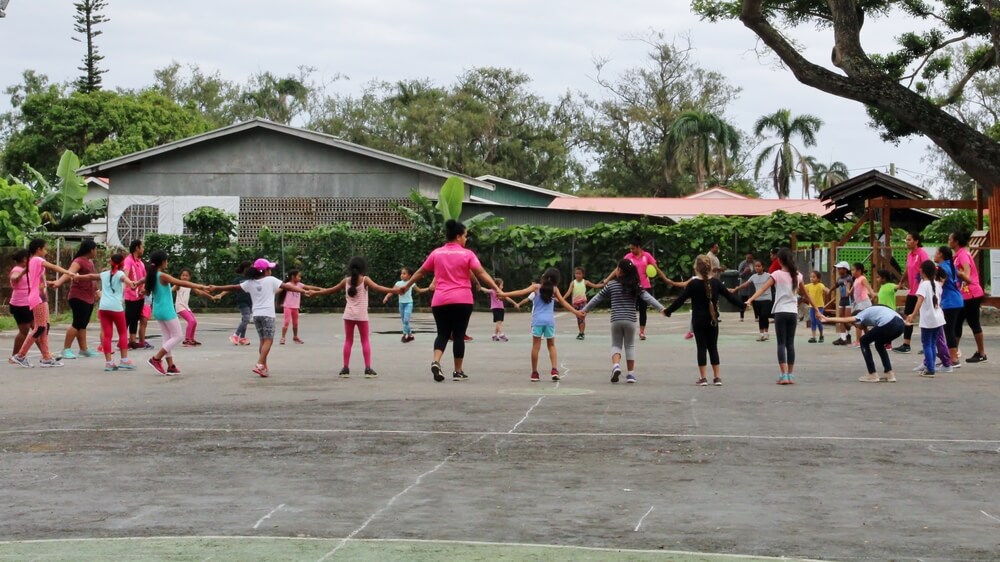
Pacific Sports Partnerships (PSP)
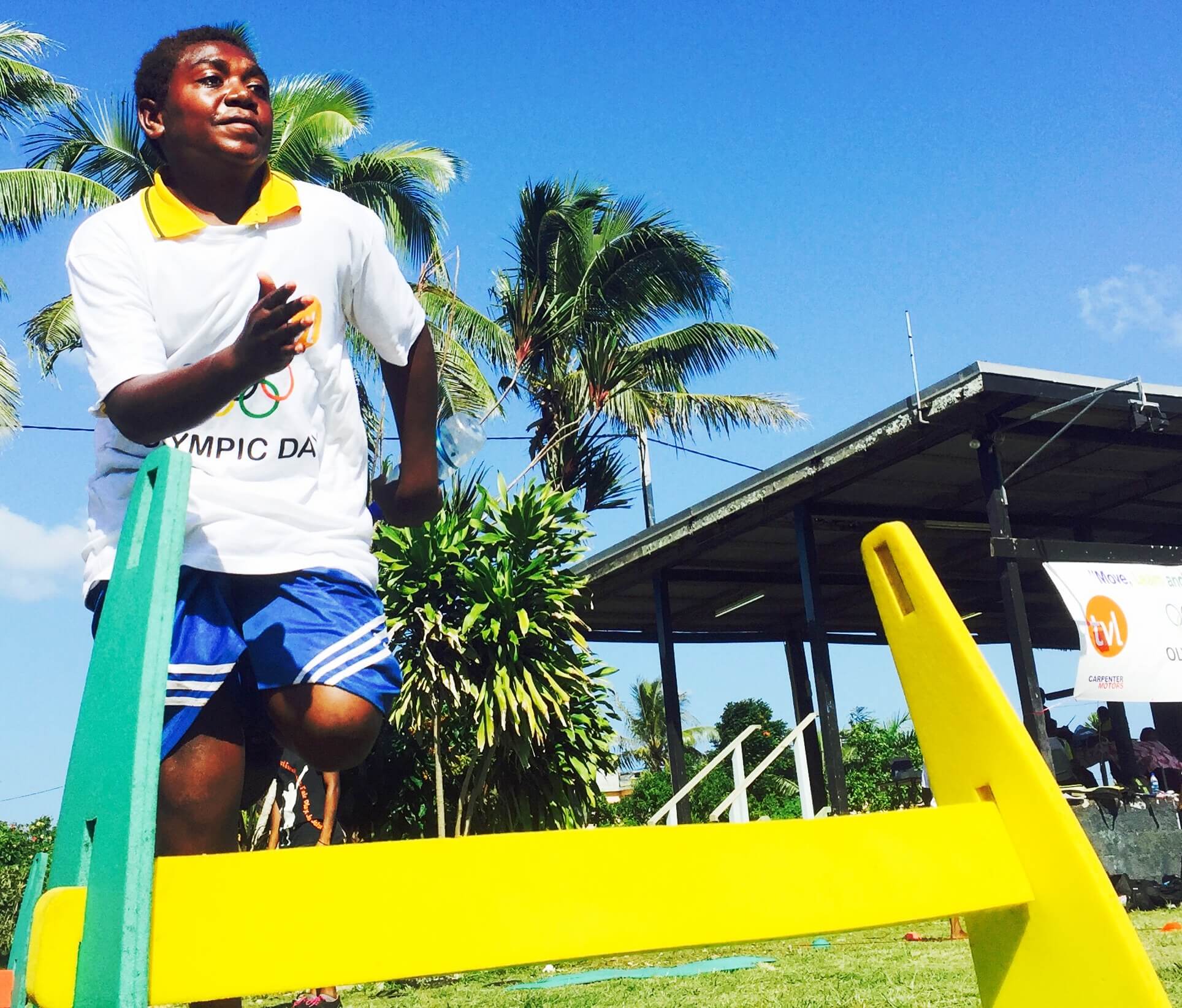
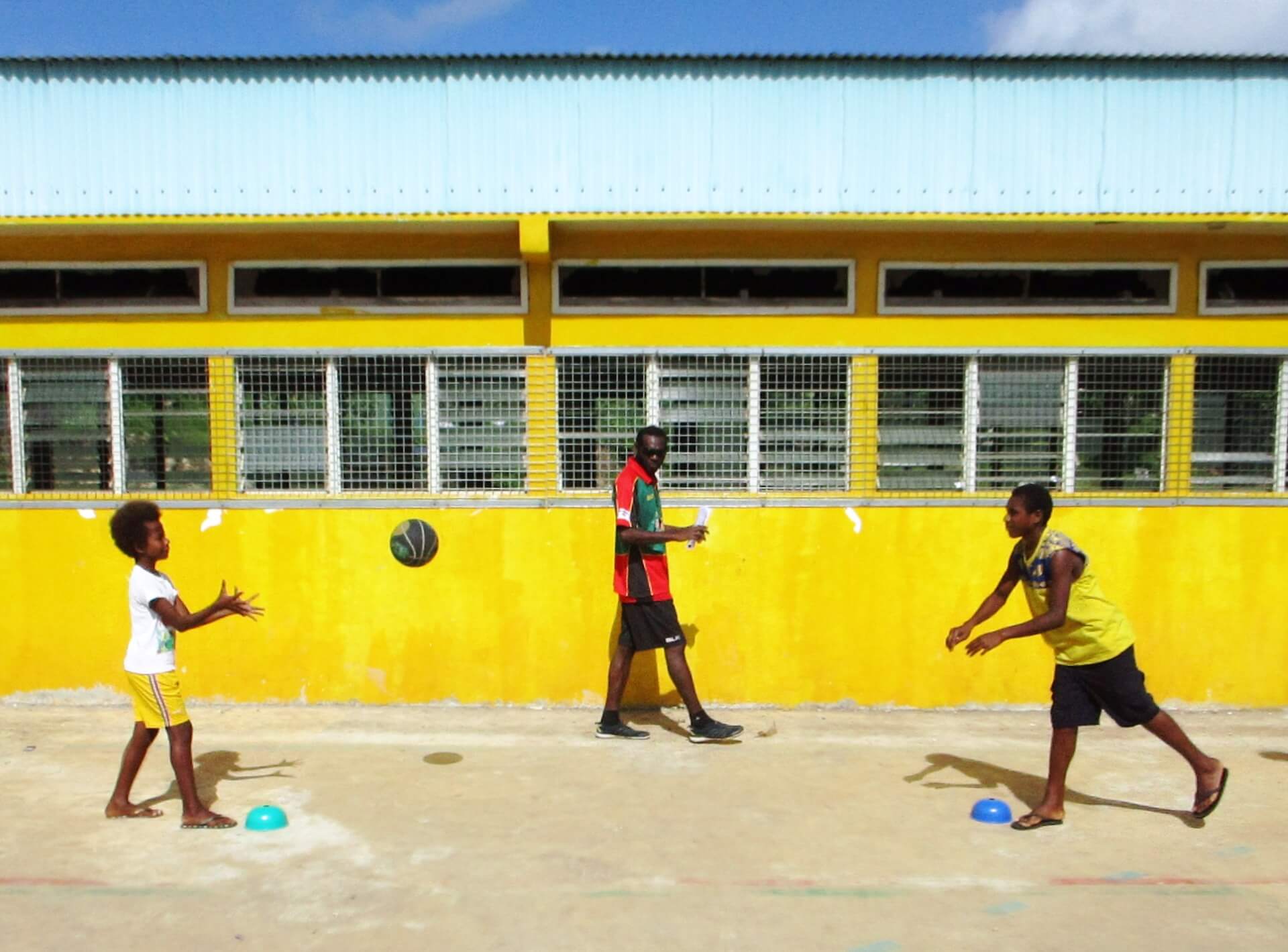
Transforming sport for development in the Pacific
The AUD $39 million Pacific Sports Partnerships (PSP) program was Australia’s flagship sport for development program in the Pacific for more than a decade. The program was initially managed by the then Australian Sports Commission (now Sport Australia), before managing contractor GHD was selected to run the program from July 2015 onwards.
Sports activities under the program addressed the primary risk factors associated with non-communicable diseases, particularly physical inactivity, and addressed inequalities experienced by women, girls and people living with disability.
PSP programs were delivered through partnerships between the Australian Government and Australian, regional and Pacific island sports organisations.
Commencing with five sports (cricket, football, netball, rugby league and rugby union) in 2009, over the life of the program PSP grew to support 15 sports in nine countries, while the most recent phase, ending in 2020, supported 13 sports across six countries.
Image credit: Aaron Kearney, ABCID
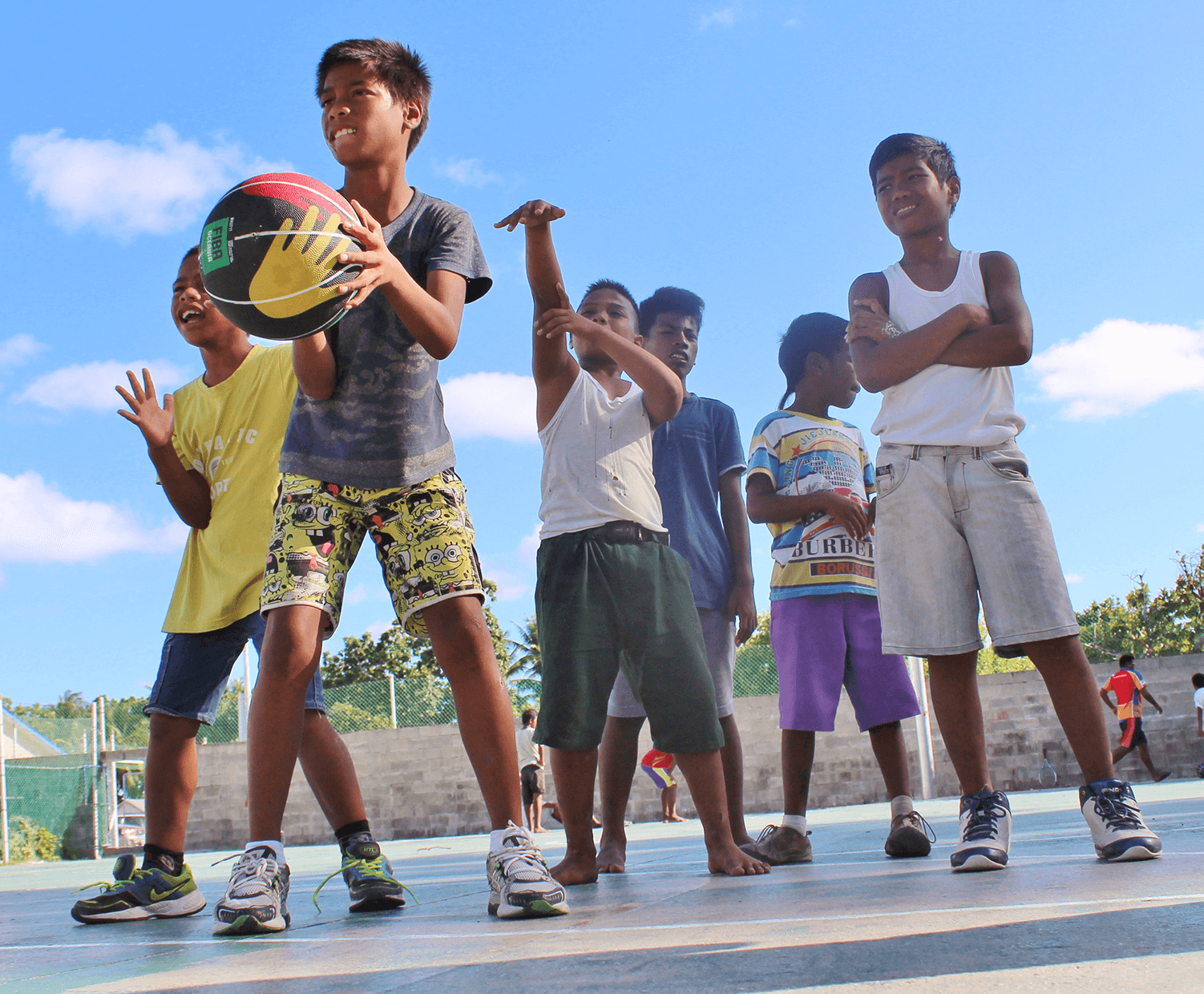
Asian Sports Partnerships (ASP)
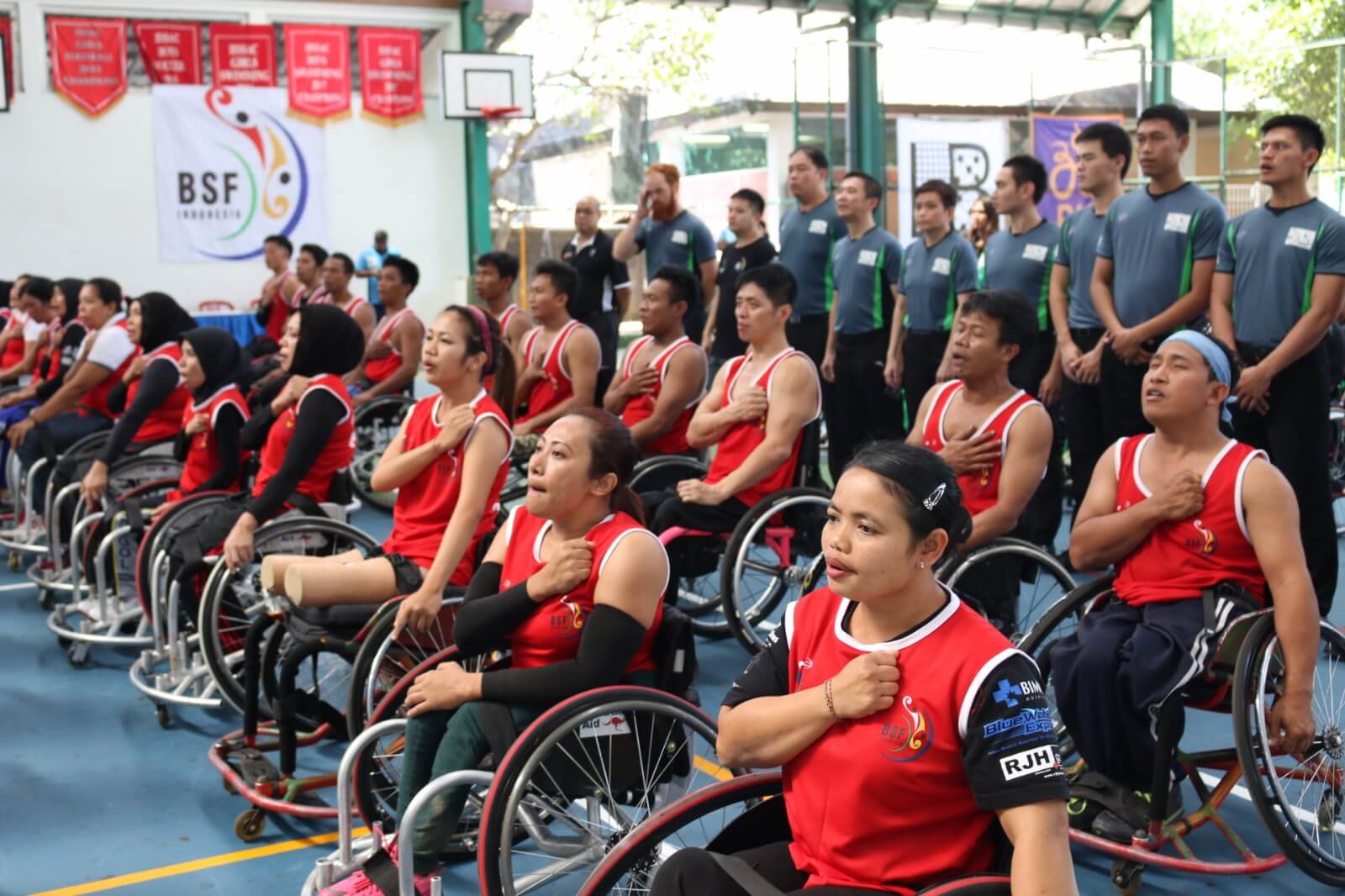

An expansion into Asia
The AUD $4 million Asian Sports Partnerships (ASP) program expanded Australia's sport for development cooperation across Asia. It built on the Pacific Sports Partnerships (PSP) program's track record of achievement, capitalising on existing sports-based partnerships to expand high quality, high-impact sport for development activities into the Asian region.
Working with 16 sports across 18 countries, the goal of ASP was to make a positive contribution to development and public diplomacy outcomes in Asia through effective sports partnerships.
The program contributed to this goal by pursuing three objectives:
- Contribute to improved health-related behaviours
- Support more inclusive participation
- Encourage positive social outcomes including peace-building
ASP included targeted activities such as: innovative promotion of regular participation in sport amongst less-active populations; inclusive participation of those living with a disability, as well as women and girls, in safe and appropriate community spaces; and activities/events that encouraged social cohesion in post-conflict environments.
Image credit: DFAT
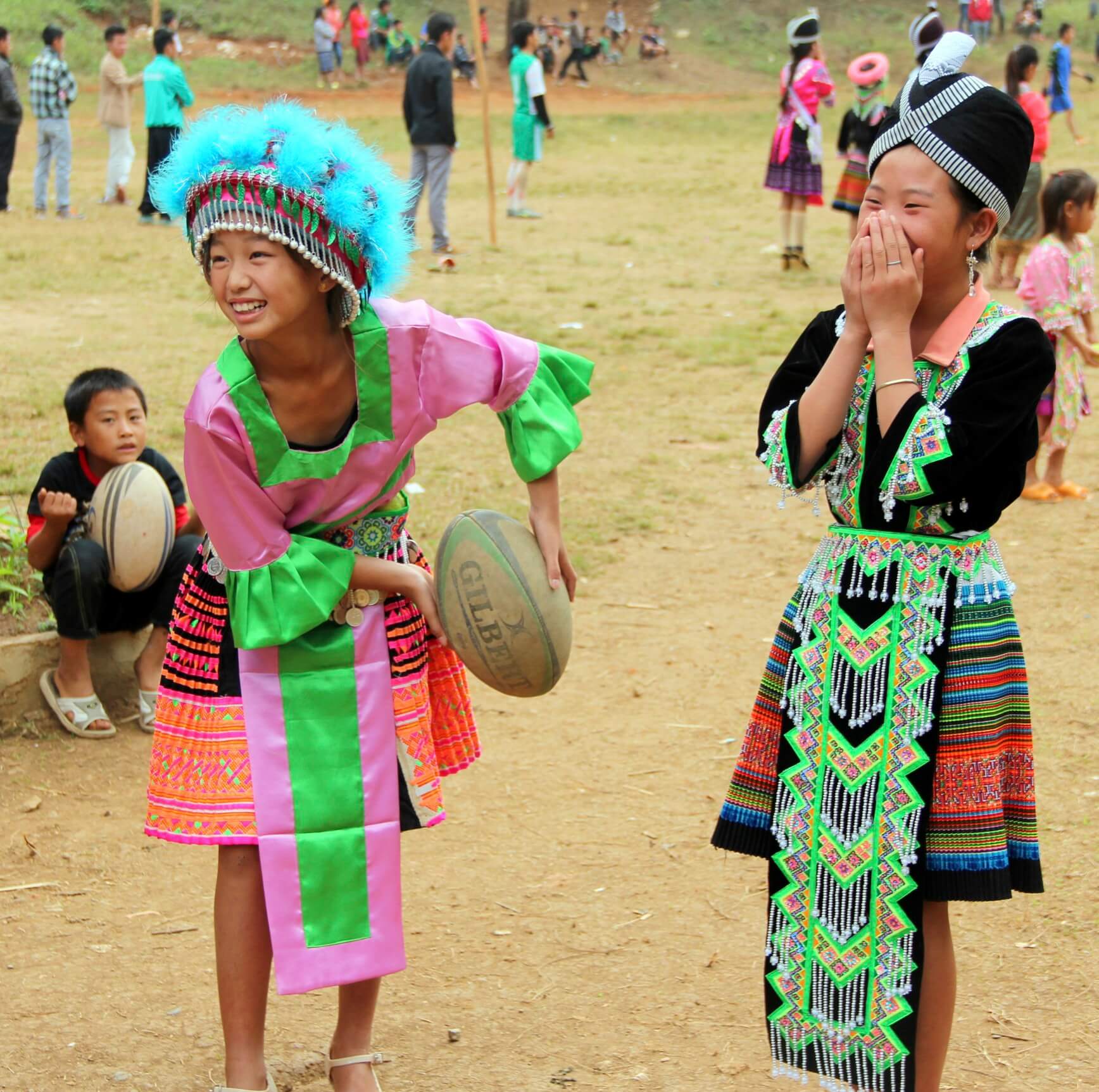
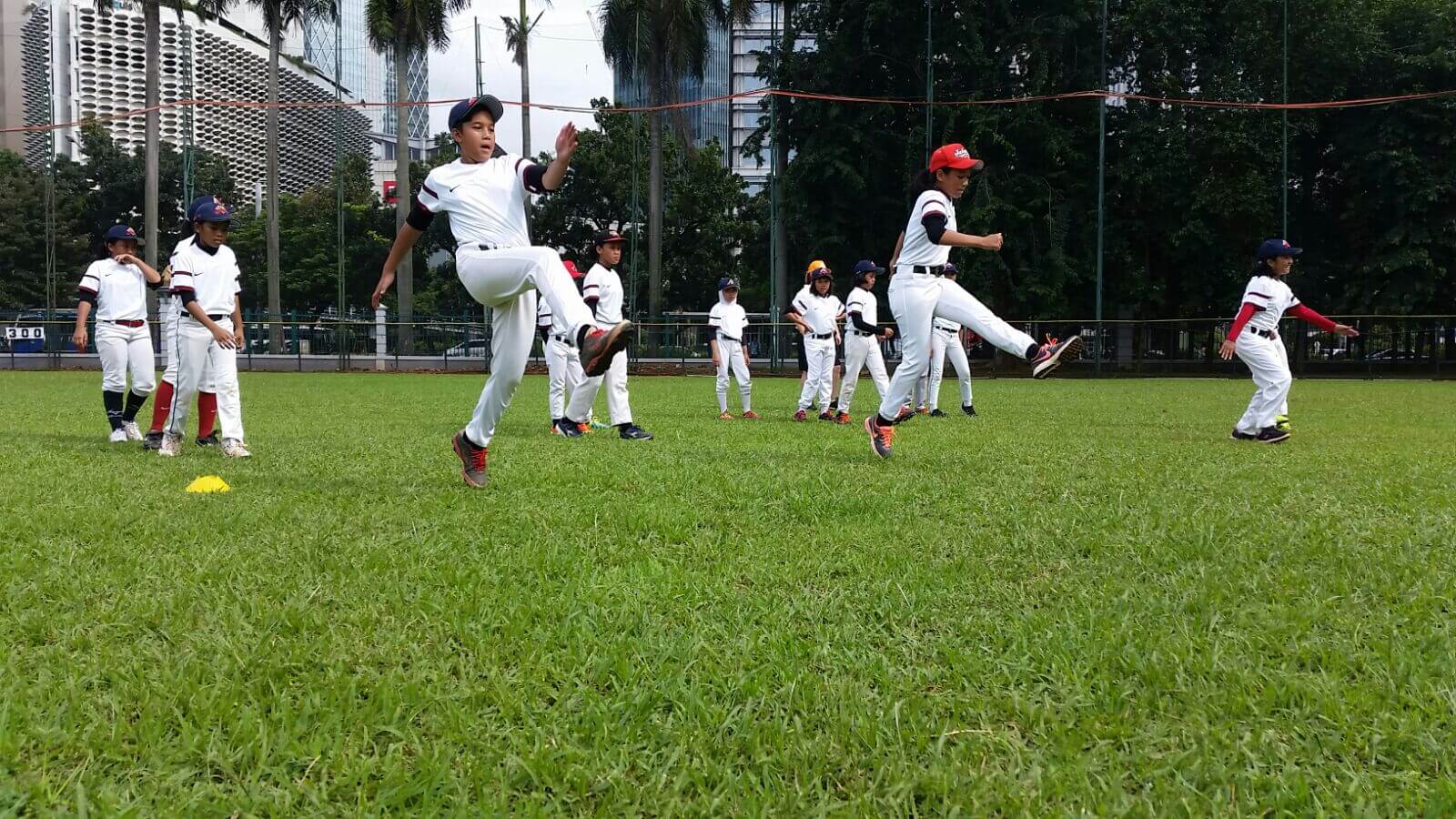
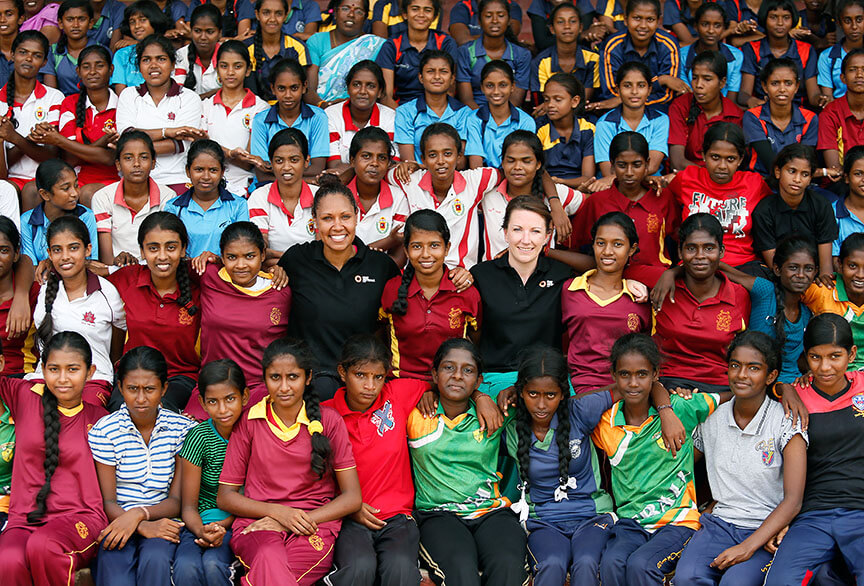
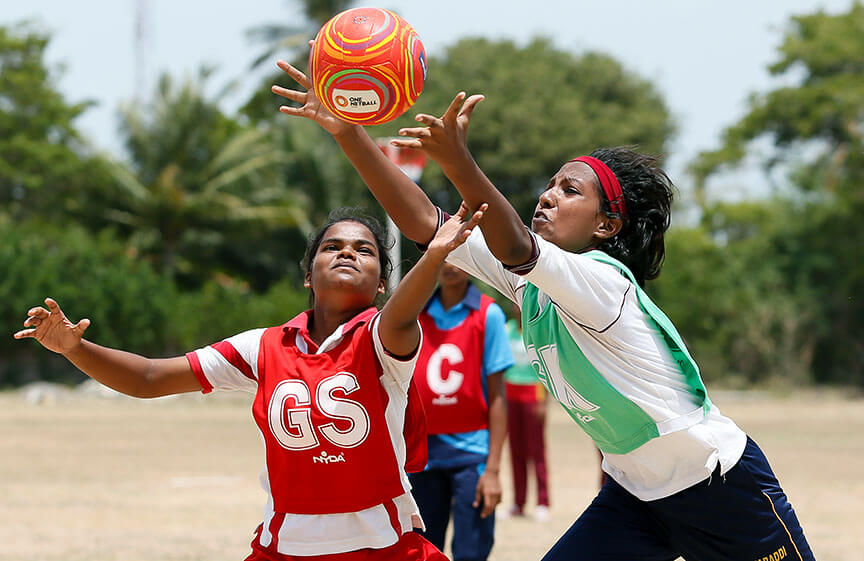
Team Up
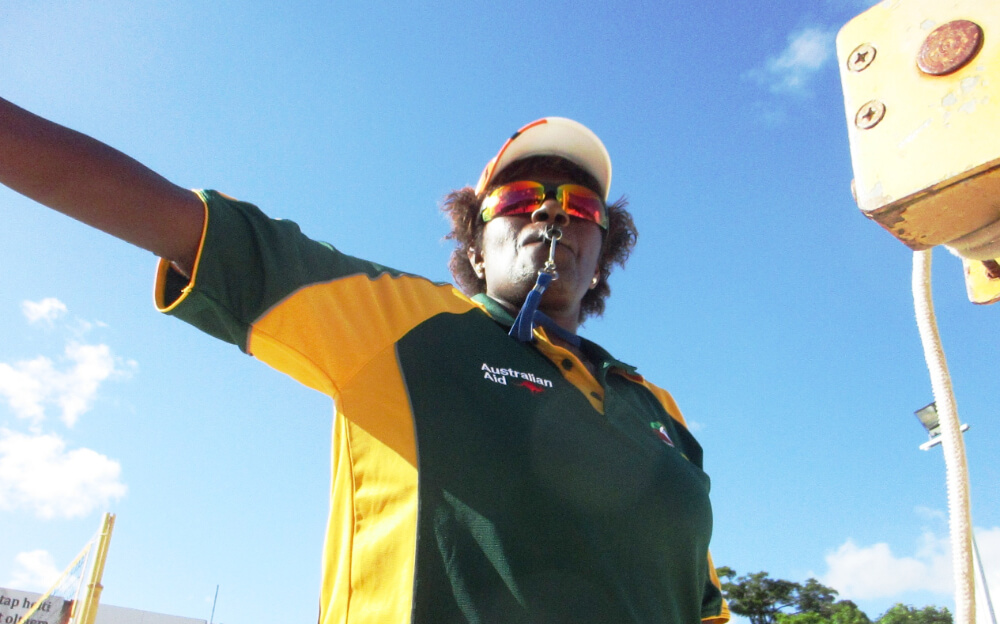
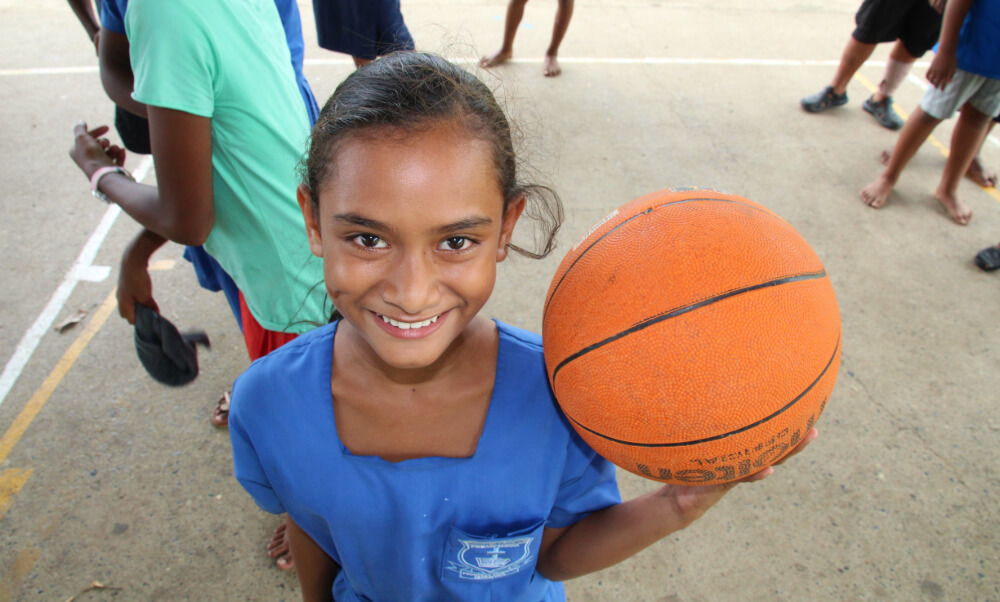
A new era for Australia’s sport for development program
Team Up is the latest phase of Australia’s sport for development program, comprising more than 30 partnerships across the Asia-Pacific that are working towards three outcomes:
- Sport programs attract and retain women, girls and people with a disability, as well as men and boys
- Sport organisations are safe, inclusive and accessible
- Australia and Asia-Pacific partners use sport to strengthen relationships and build closer collaboration
These three outcomes all contribute to Team Up’s overall goal: Australia-Asia-Pacific sport partnerships support all people to realise their full potential through sport.
The program involves more than 60 partners from 13 sports and has five focus areas: gender; disability; leadership; governance; and knowledge.
To find out more about the programs under Team Up, visit our programs page.
Image credit: Aaron Kearney, ABCID and Pacific Sports Partnerships
